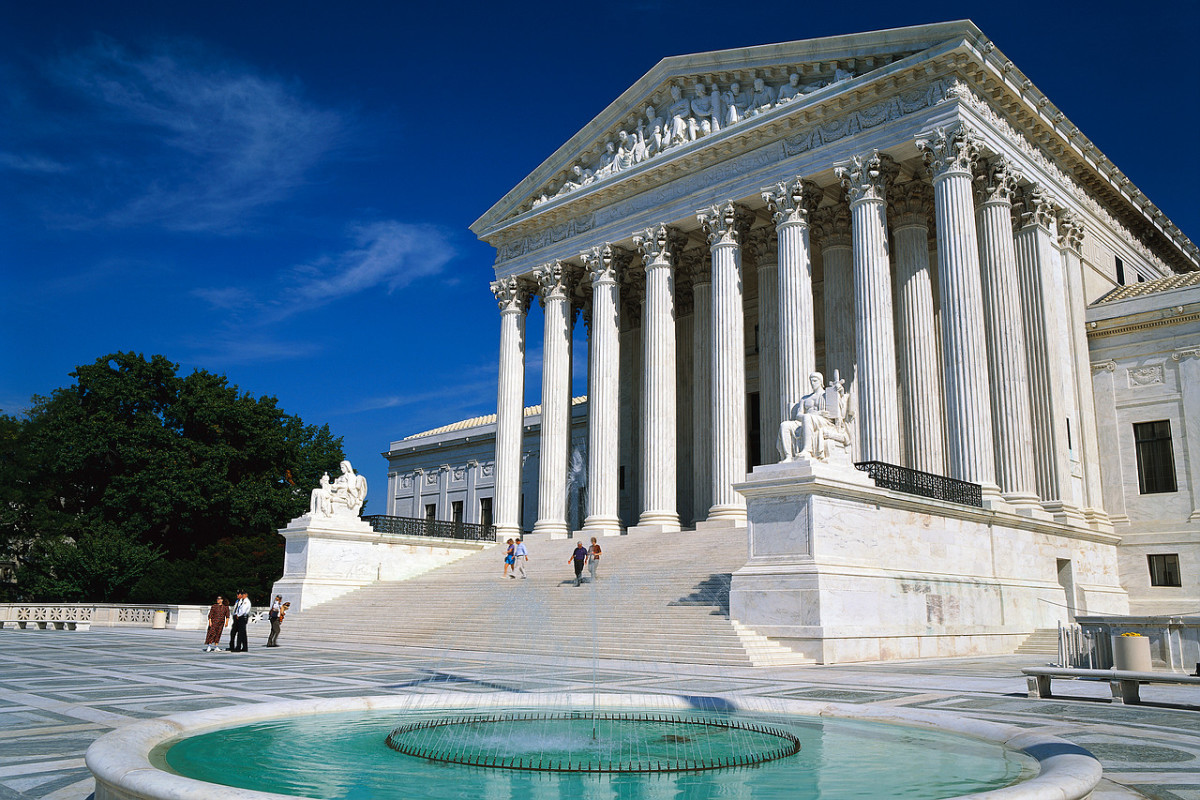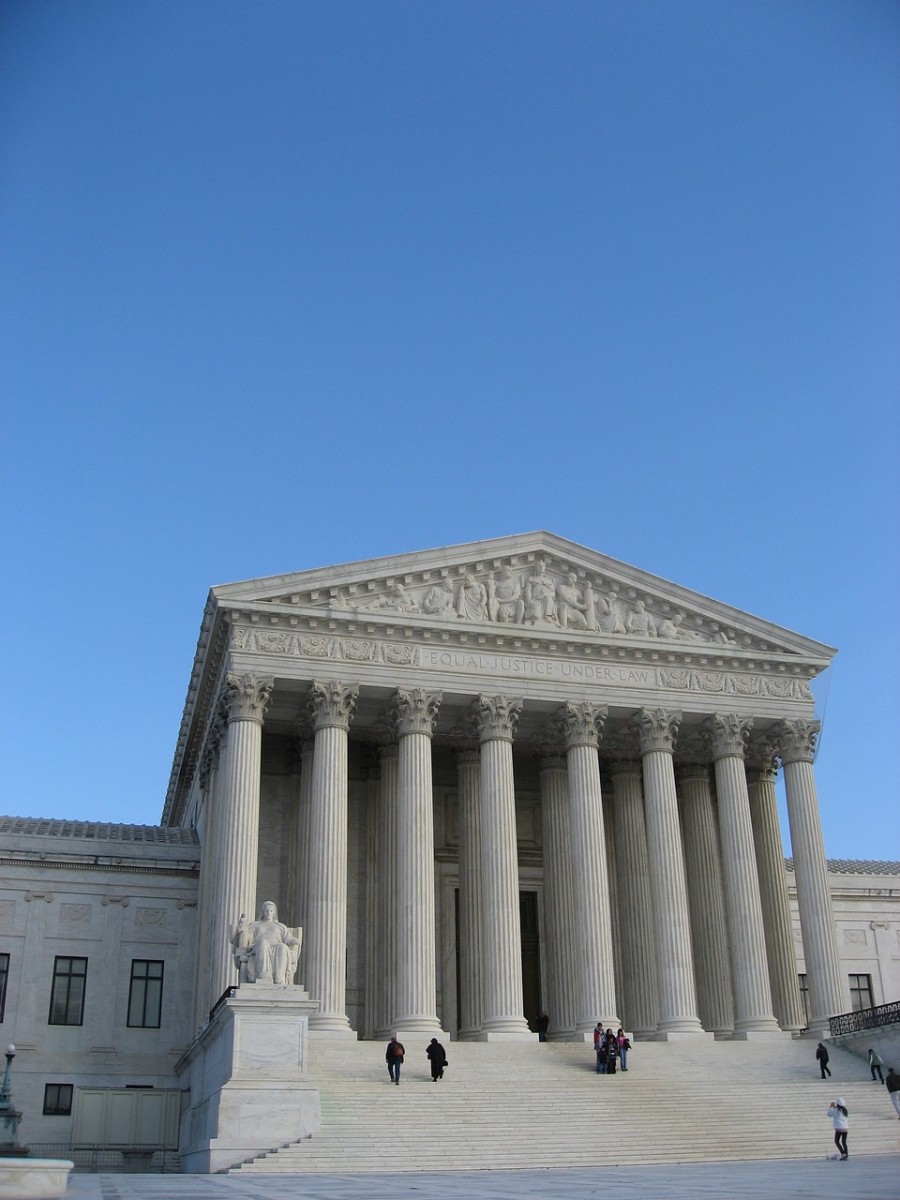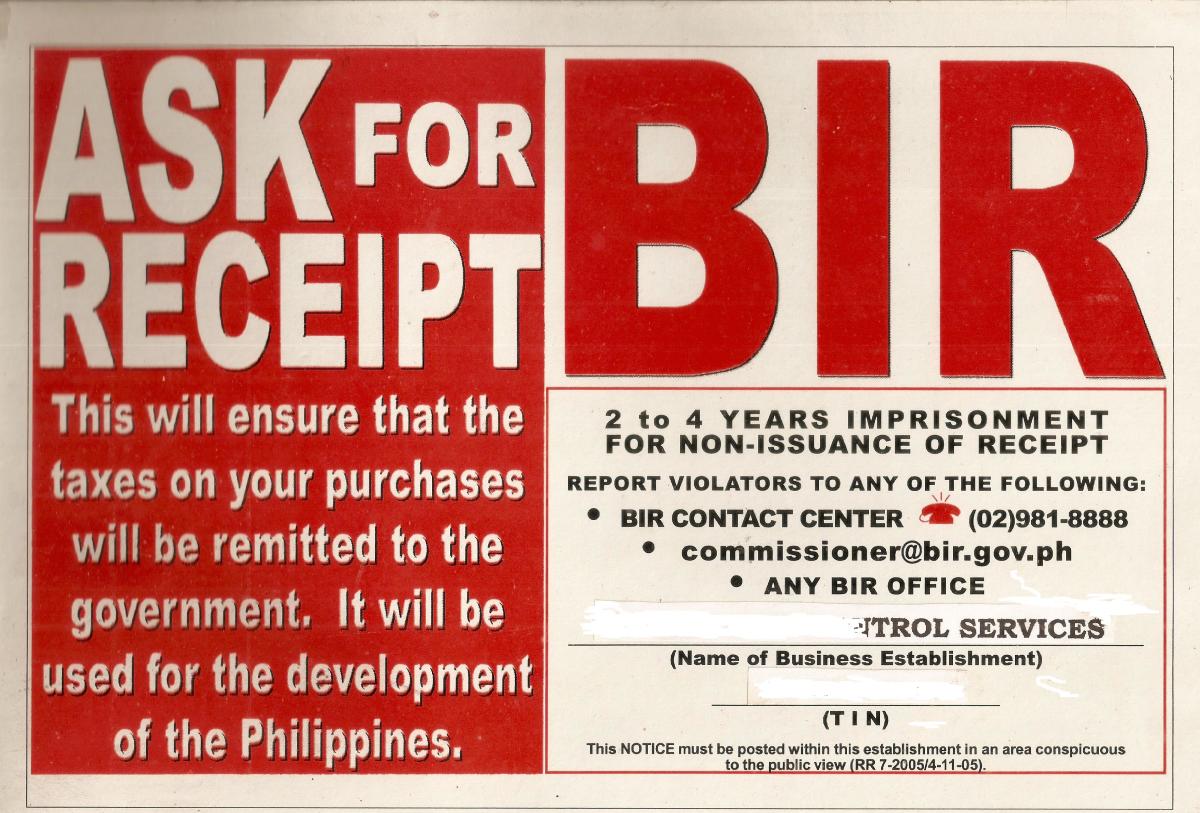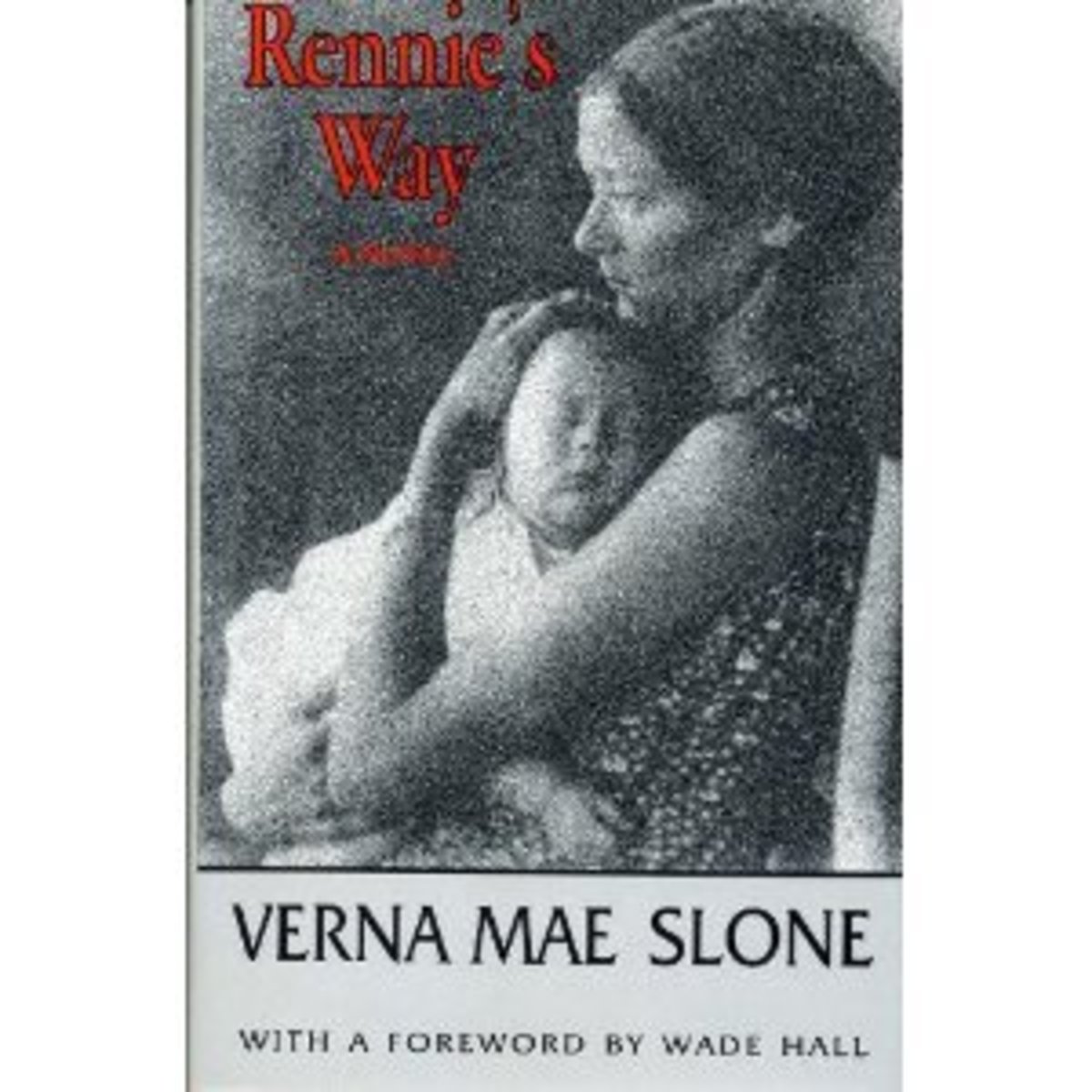Gay Marriage: Arguments Against California Proposition 8

Arguments Against California Prop 8, the Same-Sex Marriage Ban
For a short time in 2008, California law allowed same-sex couples to marry. About 18,000 gay couples were legally married after the California Supreme Court made it possible, but Prop 8, a November 2008 ballot measure, revoked that right. It was passed by 52% of the voters. Since then, there has been an ongoing legal battle over the constitutionality of the ballot measure.
The California Supreme Court upheld the proposition on the grounds that voters have the right to amend the constitution, but a federal judge later declared it unconstitutional. Federal Judge Vaugh Walker, however, stayed his own ruling. Rather than allowing gay marriages to resume immediately, the judge declared that no same-sex marriages could occur until both sides had a chance to appeal. The Ninth Circuit Court of Appeals ruled on February 7, 2012 that Judge Walker was correct and Prop. 8 is unconstitutional. However, the appeals court left Judge Walker's ban in place while the ruling was appealed. It is now before the US Supreme Court.
This page was created before the original vote on Prop 8 and still contains arguments against the initial ballot measure. Prop 8 was the most costly ballot measure in the country at the time it was passed, and emotions ran high on both sides of the debate. The main arguments in favor of the proposition were centered around the effects proponents said it could have on education and religion. The main arguments against it - which are presented here - were centered around equality and whether it would really have the detrimental effects on education, religion and traditional marriage that proponents predicted. This page asks you to think about the question of fairness and equality, and separation of church and state. Please read the excerpts from the California Supreme Court decision and the state Education Code and watch the related videos. Then see if you think California made the right decision.
NOTE: This page was created before the Prop 8 ballot measure was put to the voters in Nov 2008 and still contains information about the ballot fight.. But it has been updated to include information about the continuing legal battle for gay marriage in California. You'll find updates near the bottom of this page.
(Image credit: Lisa Howard)
The US Supreme Dismisses Prop 8 Case
On June 26, 2013, the US Supreme Court dismissed the Prop 8 case, opening the way for same-sex marriage to resume in California. First the 9th Circuit Court of Appeals in San Francisco will have to lift its stay on the original 2010 decision by U.S. District Judge Vaughn R. Walker that declared Proposition 8 unconstitutional.

Gay Marriage and Religious Freedom
What the California Supreme Court said in its initial ruling legalizing same-sex marriage
Prop 8 was placed on the ballot as a backlash to the California Supreme Court's ruling in May 2008 that the state must allow same-sex marriage.
That decision angered many religious people who felt it was an assault on their values, and the majority of people who supported Prop 8 did so out of religious convictions. Many arguments fell along the lines that same-sex relationships aren't "right" because, as gay opponents like to put it, "God created Adam and Eve, not Adam and Steve," or "the Bible says so."
If Proposition 8 had been defeated, it would not have erased these religious views or asked anyone to stop believing them. Individuals and religious organizations would have been able to continue believing homosexuality is a sin or that same-sex marriage is wrong. But if Prop 8 is allowed to stand after all the legal arguments are finally done, the state constitution will continue to deny legal marriage rights to same-sex couples.
Ironically, at least a dozen Christian denominations already allow their clergy to perform same-sex marriage ceremonies. So same-sex couples HAVE the ability to get married in a church in California or elsewhere. What they don't have in California is the ability to have that marriage recognized by either the state or federal government.
Before the election, proponents of the measure suggested that churches could be forced to perform same-sex marriages or lose their tax-exempt status if they refuse. In fact, tax-exempt status is a federal issue controlled by the IRS, not the state, and the California Supreme Court specifically addressed the issue of religious leaders being "forced" to perform gay marriages in their ruling.
From the California Supreme Court decision:
"[A]ffording same-sex couples the opportunity to obtain the designation of marriage will not impinge upon the religious freedom of any religious organization, official, or any other person; no religion will be required to change its religious policies or practices with regard to same-sex couples, and no religious officiant will be required to solemnize a marriage in contravention of his or her religious beliefs."
To learn more about what the Supreme Court said, you can read the official Supreme Court press release or the entire Court opinion.
"...no religion will be required to change its religious policies or practices"
- from the state Supreme Court opinion legalizing same-sex marriage

Gay Marriage and the New Testament
The argument goes beyond Prop 8
The religious argument over gay marriage can't be resolved in one web page. Conservatives can point to scriptures such as 1 Corinthians 6:9 that lists those who will not inherit the kingdom of God, while liberals can point to scriptures such as Romans 14:13 and its instruction to "let us not judge one another anymore, but rather determine this - not to put an obstacle or a stumbling block in a brother's way."
For those who'd like to read more about differing viewpoints of New Testament scripture about homosexuality, you'll find some excellent essays at Religious Tolerance.org, a site that attempts to provide objective information about a variety of religions and topics of interest to the public.
Another good reference is the California Council of Churches' Marriage Equality Study Guide, which was developed as a resource for religious congregations.
The ultimate decision about whether gay marriage will be allowed in California or elsewhere will be determined by judges, as it is a legal question about legal rights, not a theological question about religious values. The law cannot and will not change religious belief systems. It can only codify the parameters around the legal relationship of two people. What will the judges consider? Here are some thought-provoking questions about same-sex marriage.
1. Should a state constitution take away existing rights? Same-sex marriage became legal in California in May 2008 and thousands of couples were able to marry for the first time. Prop 8 took away that right. Is the state constitution a place to enshrine discrimination?
2. Has legalized same-sex marriage impacted your life negatively? Same-sex marriage has been legal in Massachusetts since 2003 and in Connecticut since November 2008. It is also legal nationwide in five countries, including Canada. So has it changed your life? Has it changed your religious beliefs or impacted your relationships? Has it made you think less of marriage in general?
3. What non-Biblical reason is there to deny legal status to couples who want to be financially and legally responsible to one another for the rest of their lives? If you can't think of a non-Biblical reason, are you comfortable allowing the Bible to be the basis of a legal right (or lack thereof)? Who determines how the Bible is interpreted? At least a dozen Jewish movements and mainstream Christian denominations already allow clergy to perform marriage or union ceremonies for same-sex couples. Why should the views of these denominations be any less valid?
4. If same-sex marriage should be denied because the Bible says it is a sin, what about other relationship sins? What about adultery? What about divorce? What about people who live together "in sin" before getting married? Should they all be denied legal marriage rights? And why is it ok to ignore some outdated ideas in the Bible - for instance, people who work on the Sabbath should be put to death and slavery is ok and beating your children is encouraged - but not others?
5. If same-sex couples aren't allowed to marry and the law doesn't recognize their relationship, if a couple who has been together 10 or 20 years is in a car accident and one of them is severely injured, who should make decisions for the injured person? Who should be allowed to visit him or her in the hospital? Who should be financially responsible if he or she can't afford the bill, but the long-time partner can? Should the state be responsible for making decisions for an adult in a committed, loving relationship because the law refuses to accept that person's relationship?
6. Ten states and the District of Columbia currently have laws that recognize same-sex relationships to varying degrees, although only five of these grant virtually equal rights to same-sex couples. However, these relationships are NOT recognized by states outside the one in which they are granted, and the federal government does not recognize these relationships at all. NO same-sex couple in this country, including those in the states with full domestic partnership/civil union rights, has the same rights as a straight married couple. Marriage for straight couples, on the other hand, is recognized by all states and the federal government. So a straight couple who is married in California can move to Kansas or Utah or West Virginia or anywhere else and have full rights. But if a same-sex couple from California is merely traveling out of state and suddenly needs emergency medical care (see question 5 above), their registered domestic partnership is not recognized at all. Do you think that's fair?
7. How does denying financial and legal rights and responsibilities to a same-sex couple advance the "sanctity of marriage"? How are financial and legal responsibilities related to religious beliefs?
8. How important is a word? Should gay couples have the same legal rights under a different name, such as civil union or domestic partnership? Or should the word "marriage" continue to be the legal term and "holy matrimony" be the religious term?
9. In Wisconsin, it is actually a crime for a same-sex couple to get legally married in another state or country where it is legal and then return home to Wisconsin. But it's not a crime in Wisconsin to have a religious marriage ceremony in that state or in any other because the couple is not entering into a legal contract. Does that make sense? Can you imagine a state telling a straight couple they can't go to Las Vegas to get married unless they want to face criminal charges when they return home?
Poll: Majority Now Favors Gay Marriage Rights
A new CNN poll finds that 49% of Americans believe gays and lesbians have a constitutional right to marry and have their marriage recognized by law, and 52% believe gays and lesbians should have the Constitutional right to marry. This is the first poll to show a majority of Americans in favor of same-sex marriage.
Miss California - A Song About Prop 8 - Melissa Etheridge's love affair with California dampened by Prop 8
Rocker Melissa Etheridge moved to California from Kansas when she was a young woman. But her love affair with the liberal golden state took a hit with the passage of Prop 8. "Miss California" is a track from her 2010 "Fearless Love" CD in which she laments, "Ooh, you've gone and left me for some preacher's way," and suggests, "Don't you know what's good for me can be good for you too?" Listen to a sample below.
"
What the California Supreme Court Said About Equality
Why "separate but equal" domestic partnerships are not equal
Even before the state Supreme Court legalized gay marriage in California, the state allowed same-sex couples to form legally binding domestic partnerships. Many people wonder why the state can't just continue to have two separate legal statuses, one for straights and one for gays. This is what the Supreme Court said in its May 2008 ruling that reiterated the idea that separate but equal is never equal.
From the Supreme Court ruling:
"While retention of the limitation of marriage to opposite-sex couples is not needed to preserve the rights and benefits of opposite-sex couples, the exclusion of same-sex couples from the designation of marriage works a real and appreciable harm upon same-sex couples and their children."
"...Furthermore, because of the historic disparagement of gay persons, the retention of a distinction in nomenclature by which the term "marriage" is withheld only from the family relationship of same-sex couples is all the more likely to cause the new parallel institution that has been established for same-sex couples to be considered a mark of second-class citizenship. Finally, in addition to the potential harm flowing from the lesser stature that is likely to be afforded to the family relationships of same-sex couples by designating them domestic partnerships, there exists a substantial risk that a judicial decision upholding the differential treatment of opposite-sex and same-sex couples would be understood as validating a more general proposition that our state by now has repudiated: that it is permissible, under the law, for society to treat gay individuals and same-sex couples differently from, and less favorably than, heterosexual individuals and opposite-sex couples."
Liberal Justices?
Six of the seven justices on the CA Supreme Court were appointed by Republican governors
Republicans Against Prop 8 - Don't Take California Backwards
1138 Legal Marriage Rights
That's the number of federal rights, benefits and privileges granted to married couples
In 2004, the US Government Accountability Office prepared a document listing the 1,138 federal statutory provisions in which marital status is a factor in determining or receiving benefits, rights, and privileges. Same-sex couples in ALL states, including those that have domestic partner laws and those in the five states that now allow same-sex marriage, are denied these rights.
TIME Magazine has an article noting how same-sex couples in committed relationships are negatively impacted by being denied these rights.
Marriage is a Legal Contract
Legal rights for having a religious marriage ceremony - 0
Federal legal rights for signing a state-sanctioned legal marriage license - 1138
Help the Budget Deficit; Legalize Gay Marriage!
Same-sex marriage is not only a financial issue for couples, but for the government as well
One of the most interesting statistics I've come across regarding the financial impact of not allowing gay marriage under federal law comes from the Congressional Budget Office:
The CBO may consider $1 billion to be a "small extent," as it's a small fraction of the overall federal budget, but that's still a big number. By the federal government's own analysis, keeping gay marriage illegal is costing ALL U.S. taxpayers $1 billion. Gives you something to think about, eh?
Permission to Marry
This video was made long before Proposition 8 was added to the November ballot in California, but still raises a good question.
Has Ellen DeGeneres' Marriage Affected You?
In this short clip, Ellen DeGeneres talks about getting married and encourages voters to vote no on Prop 8. About 18,000 same-sex couples like Ellen and Portia were married in California in the period between the first state Supreme Court ruling and the passage of Prop 8. Think about this - has Ellen's marriage negatively impacted your marriage and family? Prevented anyone else from marrying? Encouraged others to get divorced? Or changed your religious views?
Or did you even notice or care that she got married???
6 Arguments in Favor of Marriage Equality
A well-written blog post against Prop 8
I came across an excellent blog post on MOMocrats that gives six arguments in favor of marriage equality. These include civil rights, civil liberty, economics, freedom of choice, life cycle decisions, and separation of church and state. It's well written and worth a read.

Prop 8 and the California Education Code
What the Ed Code says about marriage
Prop 8's impact on education was one of the main issues of the campaign. The Yes on 8 campaign argued, "...schools will now be required to teach students that gay marriage is the same as traditional marriage, starting with kindergarteners." (From the ProtectMarriage.com website)
They cited California Education Code Section 51890 to support this claim. However, even before the election, a judge ruled that this claim was misleading, and the State Superintendent of Public Instruction told The Chronicle, "...(legalized gay marriage) just isn't going to require any kind of teaching of personal relationships or lifestyle."
Here is what the relevant section of the code says:
51890. (a) For the purposes of this chapter, "comprehensive health education programs" are defined as all educational programs offered in kindergarten and grades 1 to 12, inclusive, in the public school system, including in-class and out-of-class activities designed to ensure that:
(1) Pupils will receive instruction to aid them in making decisions in matters of personal, family, and community health, to include the following subjects:
...(D) Family health and child development, including the legal and financial aspects and responsibilities of marriage and parenthood.
In August 2008, Sacramento County Superior Court Judge Timothy Frawley ruled that Prop 8 supporters must remove wording from their official ballot argument saying schools would be required to teach children there is no difference between gay marriage and traditional marriage. The judge said the argument was false, since "...children cannot be required to attend any health-related instruction, including instruction on the subject of marriage, against their parents' will." The judge cited California Education Code Section 51240.
That section of the code says:
51240. (a) If any part of a school's instruction in health conflicts with the religious training and beliefs of a parent or guardian of a pupil, the pupil, upon written request of the parent or guardian, shall be excused from the part of the instruction that conflicts with the religious training and beliefs.
Freedom is a Republican Value - Why Republican Governor Arnold Schwarzenegger was against Prop 8
This video made by Republicans Against 8 gives reasons why Republicans who want less government interference should oppose Prop 8.
Yea or Nay on Prop 8? - Should Prop 8's ban on gay marriage be allowed to stand?
Yes or No on Proposition 8?
It was the California Supreme Court that legalized same-sex marriage for a short time in 2008. The court declared in that initial ruling that denying same-sex marriage violated the state constitution. Ironically, however, the same court that said the state should allow gay marriages later said it would not strike down Prop 8.
Why? You could simplify it by saying the justices were sticking with the language of the state constitution. Their 2008 ruling declared same-sex marriage should be legal because the state constitution said so. But Prop 8 amended the language of the constitution. So the appeal brought very different questions before the court.
The day after Prop 8 passed, several legal challenges were immediately filed. According to an Associated Press article at the time, "the lawsuits raise a rare legal argument: that the ballot measure was actually a dramatic revision of the California Constitution rather than a simple amendment. A constitutional revision must first pass the Legislature before going to the voters."
On November 10, 2008, the California Supreme Court agreed to hear the challenge and to decide several issues regarding the validity of Proposition 8. The court press release said three issues would be argued and decided:
1. Is Proposition 8 invalid because it is a revision of, rather than an amendment to, the state constitution?
2. Does Prop 8 violate the separation-of-powers doctrine under the California Constitution?
3. If Proposition 8 is not unconstitutional, what is its effect, if any, on the marriages of same-sex couples performed before the adoption of Proposition 8?
The court also ordered an expedited briefing schedule. Oral arguments in the case were heard on March 5, 2009. Two months later, in May, the Court refused to overturn the law, saying it was a lawful amendment to the state constitution, not a revision, so they would not strike it down. However, the Court also upheld the legality of the marriages performed before Prop 8 was passed.

Aug 2010 Update: Federal Judge Declares Prop 8 Unconstitutional
The first federal appeal
On August 4, 2010, the latest chapter in the Prop 8 saga was written by Chief Judge Vaughn Walker of the U.S. District Court for the Northern District of California. The judge concluded that the ballot measure was unconstituional.
"Proposition 8 does nothing more than enshrine in the California Constitution the notion that opposite-sex couples are superior to same-sex couples," he wrote. "Because California has no interest in discriminating against gay men and lesbians, and because Proposition 8 prevents California from fulfilling its Constitutional obligation to provide marriages on an equal basis, the court concludes that Proposition 8 is unconstitutional."
Despite the ruling, gay marriage will not resume immediately in California. The judge immediately issued a temporary stay to consider arguments about whether gay marriage should be allowed to take place while appeals continue. On August 12, he said the stay would remain in place until August 18 at 5 pm, giving opponents a chance to appeal the decision to the U.S. Circuit Court of Appeals. The appeals court upheld the stay without comment, but scheduled an expedited hearing for December 6.
You can read the text of Judge Walker's ruling declaring Prop 8 to be unconstitutional here on SFGate.
Jauary 2011 Update
Court of Appeals Waiting on CA Supreme Court for Clarification
In the latest legal twist to the Prop 8 drama, the Ninth Circuit Court of Appeals heard arguments in December 2010 about the constitutionality of Proposition 8. The appeals court hasn't issued any rulings yet and won't until they hear from the California Supreme Court on a legal question - under California law, can the proposition's sponsor represent the people of the state of California?
As the San Francisco Chronicle explained, "Then-Gov. Arnold Schwarzenegger and ex-Attorney General Jerry Brown refused to appeal a federal judge's ruling in August that the measure unconstitutionally discriminated based on sexual orientation and gender. So the future of the case depends on whether Prop. 8's sponsor, a conservative religious coalition called Protect Marriage, has legal standing - the right to represent the interests of the state and its voters.
If not, the federal appeals court could uphold Chief U.S. District Judge Vaughn Walker's ruling and restore same-sex marriage in California - legalized briefly by a 2008 state Supreme Court ruling - without deciding whether Prop. 8 is constitutional."
Read more at SFGate.
On February 7, 2012, a three-justice panel from the Ninth Circuit Court of Appeals said that Proposition 8 was unconstitutional. In the 2-1 decision, the court said, "Proposition 8 served no purpose, and had no effect, other than to lessen the status and human dignity of gays and lesbians in California." The court, however, did not immediately lift the ban on same-sex marriage in California. The ban will remain in place while appeals are still pending. Prop. 8 proponents can now take their appeal to a larger panel of the Ninth Circuit or appeal to the US Supreme Court, which may or may not decide to hear the case.
Keith Olbermann on Gay Marriage
Keith Olbermann is an American sportscaster, news anchor, and political commentator. He hosts Countdown with Keith Olbermann, an hour-long nightly news and commentary program on MSNBC. In this commentary, he asks viewers to think about love.
Your opinions are welcome, no matter what side they may favor, so long as you present them in a polite and civil manner. Others will be deleted.








